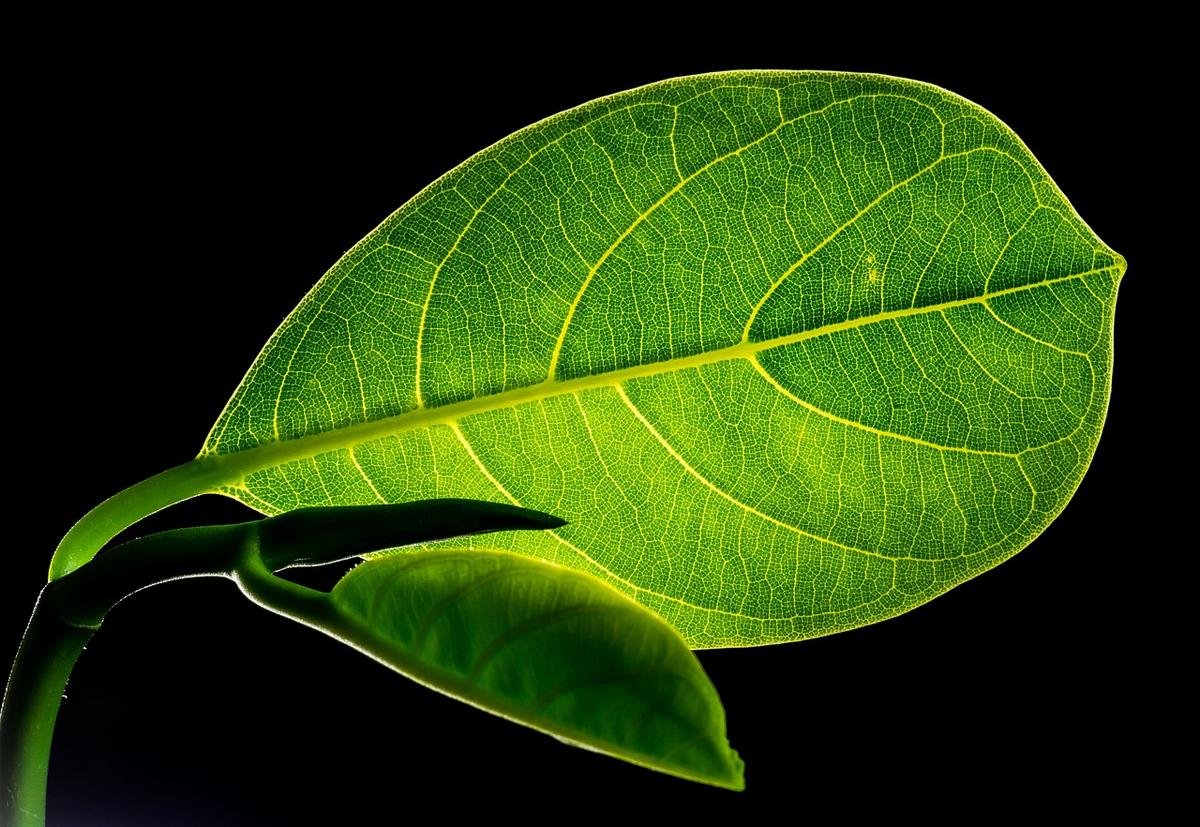Jackfruit Leaves Curb Diabetes and Restore Body-Mind Harmony in Balinese Medicine
Artocarpus heterophyllus, known simply as jackfruit, serves both culinary and medicinal roles across Bali. Local practitioners view health as synergy among sthula sarira, suksma sarira and antahkarana sarira—the physical body, the subtle self and the mind. Ancient manuscripts such as Usadha Tenung Tanyalara cite jackfruit leaf among key remedies. Modern studies confirm these leaves hold polysaccharides, flavonoids and various phytochemicals credited with promoting internal balance. Tradition credits these compounds with regulating digestion, circulation and vital energy. Folk records also outline leaf uses for fevers, infections and general tonics.
Recent studies have shed light on the potential of jackfruit leaf to support diabetes management. Researchers identify three main effects relevant to Type 2 diabetes care. Academic teams in Bali and abroad report that its hypoglycemic properties and antioxidant capacity could play an important role in controlling blood sugar and protecting against cellular damage. Clinical trials remain limited, but initial findings encourage further investigation into therapeutic doses and safety profiles.
Primary mechanisms under study include:
- Blood sugar stabilization – Leaf extracts demonstrate hypoglycemic action in animal testing and small human trials, helping maintain glucose levels within a healthy range.
- Improved insulin response – Bioactive molecules appear to enhance insulin receptor function, boosting uptake and utilization of blood sugar.
- Cellular protection – High levels of flavonoids and other antioxidants scavenge free radicals, potentially reducing oxidative stress and lowering risk of diabetic complications.
Local herbalists recommend several ways to prepare jackfruit leaves for blood sugar support:
- Leaf infusion: Gather a handful of fresh leaves, wash thoroughly, then simmer in two cups of water for about ten minutes. Strain and drink the warm liquid once or twice daily.
- Concentrated extract: Extracts in capsule or liquid form are available from local apothecaries. Dosages vary by manufacturer; users should adhere to recommended serving sizes.
- Culinary uses: Finely sliced leaves can be added to soups, curries or stir-fries. Dried leaves steeped like tea offer a gentle herbal brew.
- Leaf juice: Blend fresh leaves with a small amount of water, strain the mixture and stir in a teaspoon of honey. Consume this juice once daily for a more concentrated dose of active compounds.
- Powdered supplement: Dry leaves in a shaded, airy spot, then grind them into fine powder. One teaspoon stirred into a morning smoothie or cereal makes daily intake simple.
Experts caution that natural remedies do not replace professional advice. Individuals should discuss any new supplement with a qualified healthcare provider. Health status and medication interactions vary from person to person, so tailored guidance is recommended.
Collaborations between traditional practitioners and research institutions are underway to document optimal dosages and evaluate long-term outcomes. As more clinical data emerges, jackfruit leaf could gain acceptance as a complementary component in diabetes care.







